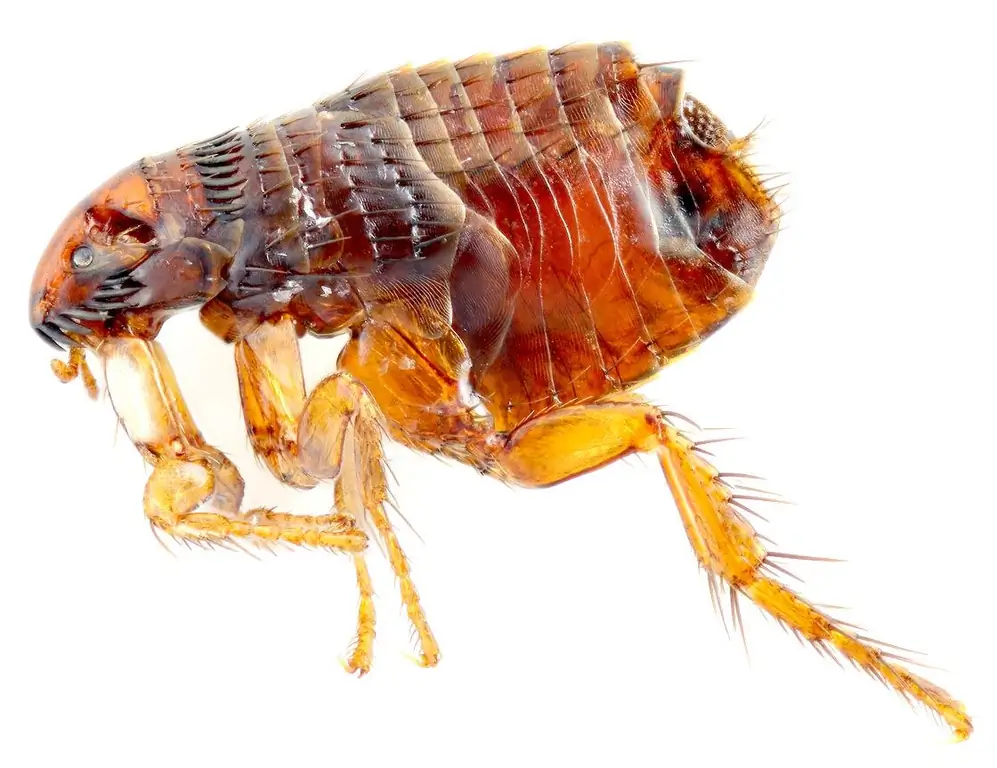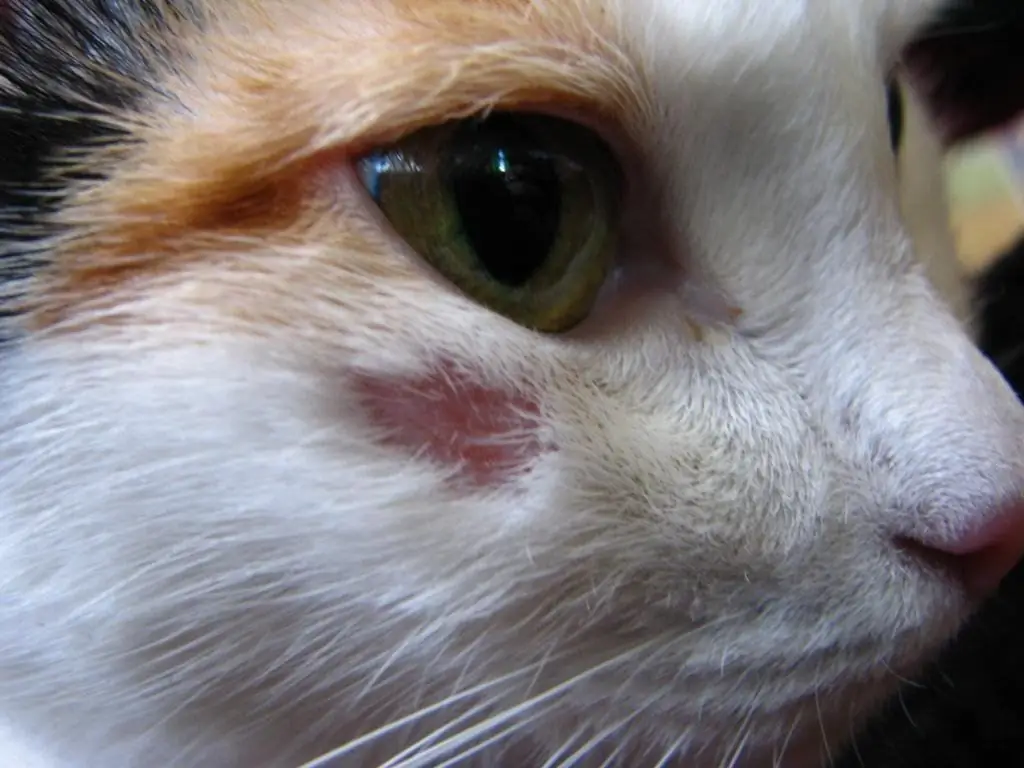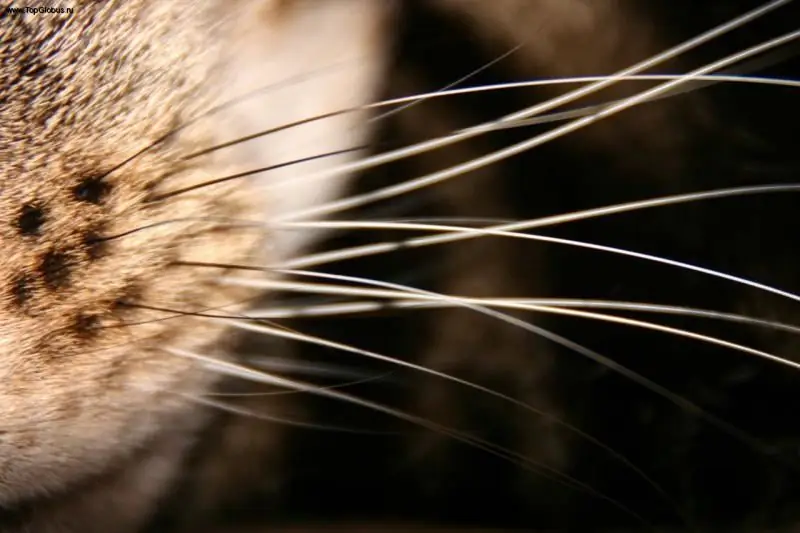
Table of contents:
- Author Bailey Albertson albertson@usefultipsdiy.com.
- Public 2023-12-17 12:53.
- Last modified 2025-01-23 12:41.
Biting seals: why do you stroke them, and they bite

Cats sometimes do things that cannot be explained by human logic and confuse their owners. After all, few people will like to receive not the expected grateful purr, but a very sensitive and unpleasant bite in response to affectionate stroking.
Why do cats bite when you stroke them, and just like that?
The easiest way to explain the strange behavior of a domestic cat or cat, expressed in a sudden attack on the owner's hands, mental clouding or mental disorder. This, of course, happens, but it is still rare. Most often, the reasons are commonplace and lie on a completely different plane. Let's consider some of the most common versions:
-
Lack of socialization. An animal, which in the first 2-3 months of its life did not have close contact with people, already with great difficulty gets used to them and never completely trusts them. Such wild cats perceive petting and attempts to touch them as an act of attack and, naturally, bite back. Breeders strongly recommend to socialize and teach kittens to caress after 4-5 weeks.

wild cat A wild cat, not accustomed to people, does not allow itself to be stroked and bites
- Overly intense or prolonged caresses from the owner. The pet may simply get tired of being stroked in the same place for a long time, this may already cease to be pleasant and cause discomfort. Some individuals, in principle, do not tolerate long-term affection, a few minutes of tactile contact are quite satisfied with them, but they will not tolerate more.
-
Painful sensations. When touching or stroking, the cat may experience pain when there are wounds, bruises, bites (from fleas or ticks) on the body under the coat, and it may also have stomach or joint pain, etc. In this case, a mandatory veterinarian consultation will be required.

Cat pushing hand The cat may feel pain, while she will try to push her hand away and bite it
- A sharp awakening. A sleeping animal, suddenly waking up, can be disoriented for several moments. Obeying innate instincts, the cat perceives stroking her hands as an aggressor and, defending herself, bites. Most often this happens to wild and not quite socialized purrs.
-
Attempt to dominate. Self-sufficient cats often try to control the situation, showing their independent character and allowing them to be stroked only when they want it themselves.

Biting cat Cats bite and scratch, showing their character
- Revenge. Vindictiveness is not characteristic of all felines, but some individuals are able to remember the wrongs inflicted on them for a very long time. This can be an unfair (in their opinion) punishment, refusal to eat, a door closed in front of their noses, and many other reasons.
- Negative experience. Before carrying out many unpleasant manipulations (cutting nails, washing, brushing teeth, medical procedures, etc.), many owners pet their pets in an attempt to calm them down for the future. The resulting associative connection between affectionate strokes and subsequent troubles makes the cat bite his hands and not allow himself to be stroked.
-
Hard memories. If the unfortunate animal was beaten and tortured, then it will perceive the outstretched human hand negatively, expecting only bad things. The bite in this case is self-defense.

Squeamish cat Cats that are often bullied do not allow themselves to be stroked
- Protection of offspring. A recently lambing cat jealously protects its litter and does not allow itself to be stroked, associating this with a threat to kittens.
- Restricted area. Most felines are not allowed to touch the area around the tail and belly.
-
A game. When a cat is fed up with affection, she becomes bored, and she thus plays with the hands of the owner.

A game The cat can play with the owner's hands by biting them
- Discharge of static electricity. Having received a small electric shock, the cat is unlikely to experience a pleasant sensation and bites in response.
- Hormonal status. Females and males during puberty can behave somewhat inappropriately and aggressively.
-
Teething. The process of changing the dentition of the kittens is a lot of anxiety, they constantly try to scratch the gums with teething teeth on something. Providing them with the appropriate tools and toys for these purposes, it is easy to solve the problem.

Kitty Kitten's gums may itch when teething
- A reciprocal affection. From an excess of feelings and reciprocal love, the pet slightly bites the hands of the owner. By this, he expresses complete confidence. According to zoopsychologists, this is due to childhood memories, when a mother cat licks the kittens and then drags them by the scruff of her teeth.
Our cat hates being stroked with hands that smell like cream or soap. She does not bite, but does her best to slip out and run away to a safe distance. She tries to remove some odors from the skin by slightly biting her hands and licking them with her tongue.
Video: for what reasons cats and cats bite
To our greatest regret, our beloved cats do not know how to talk and cannot tell about what does not suit them. All they have to do is use their teeth and claws to make it clear. An attentive owner will listen to the opinion of his pet and will try not to bother him, as well as help if necessary.
Recommended:
Life Hacks For Cats And Cats - Usefulness That Will Improve The Life Of Adult Pets And Kittens, Simplify Caring For Them And Ease The Life Of The Owners

How to make the life of a domestic cat better and more varied. How to arrange a place for a cat, a toilet, make toys and much more. Practical advice
How To Remove Fleas From Cats And Cats At Home: How To Get Rid Of Them From Kittens And Adult Animals By Folk And Other Means, Photo

Flea life cycle. What is their danger to a cat? How to destroy fleas: drugs, folk remedies. How to prevent your pet from getting infected
Deprive Cats And Cats (shearing And Other Species): What It Looks Like, Signs, Treatment Of Kittens And Adult Animals At Home, Photo

How does shingle manifest in cats? The causative agent and types of the disease. Features of the course of the disease. Treatment methods and prognosis. Deprivation prevention. Reviews
Whiskers In Cats And Cats: What Are They Called Correctly And Why They Are Needed, What Will Happen If You Cut Them And Why They Fall Out Or Become Brittle

Features of the structure of the mustache in cats. What are they called and where they are located. What functions do they perform. What problems can a cat with a mustache have? Reviews
Why You Can't Stroke A Dog On The Head And Stomach: Truth And Myths

Why a dog can not be stroked any way. How not to pet a dog. How to pet a dog so that he really likes it
